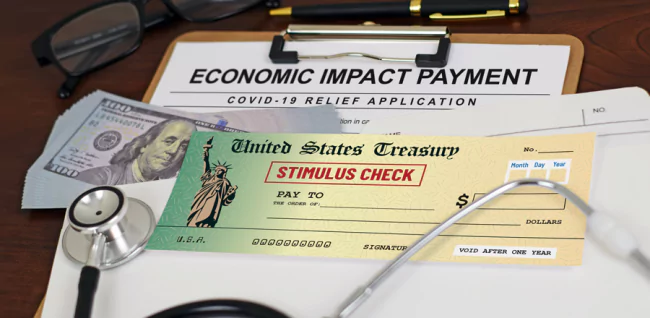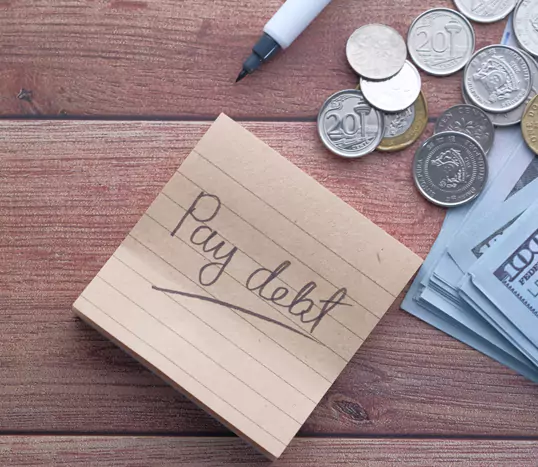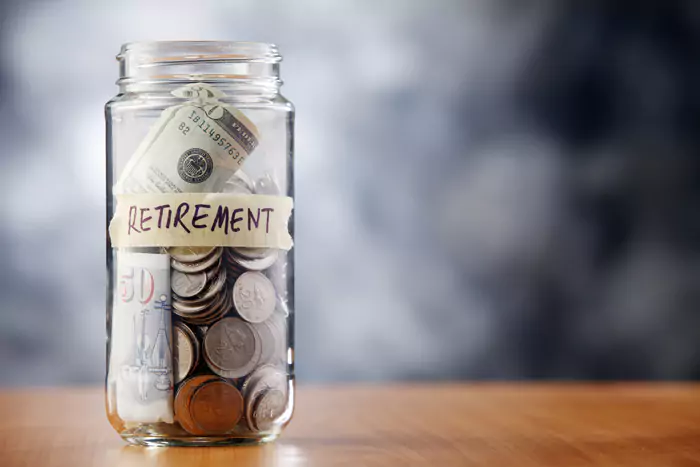Second Half of the Year Day – Time for a Financial Check
Posted by Century Support Services on Jul 05, 2020

2020 has been a rough year for everyone and it has sometimes felt unbelievable as to what we have endured thus far. But 2020 will end and the end of June marked the year’s halfway point. That makes the start of July the perfect time to reassess your budget to make certain that you are on track with your expenses and goals. Perhaps you put into place a detailed plan at the start of the year, but if 2020 illustrates anything it’s this: you can’t plan for the unexpected.
At the start of the year, no one could have predicted the effects that COVID-19 would have had globally. There was no way youcould have known what effect the pandemic did and will have on your finances and budget. Many have been deeply impacted. While COVID is an extreme example, there will always be unexpected issues that arise. This makes the start of the second half of the calendar year the perfect time to review your budgeting plan and make certain you’re headed where you can and want to go. Here are some steps you can take to stay or get back on track.
Knowing Is Half the Battle
 The first step is to review your current 2020 budget. Do you know precisely how much you are earning and spending right now? If not, it’s time to find out. Even if you made a comprehensive budget a few months ago, you may have found your income has changed since then. If expenses are exceeding your income, then it’s time to take a careful look at discretionary spending to figure out where to cut back. Perhaps you’re doing a bit better with your budget this year than expected. In that case, it’s important to determine if any extra money is serving your financial goals. It could be a good time to reevaluate how to best save or pay off your debts more quickly.
The first step is to review your current 2020 budget. Do you know precisely how much you are earning and spending right now? If not, it’s time to find out. Even if you made a comprehensive budget a few months ago, you may have found your income has changed since then. If expenses are exceeding your income, then it’s time to take a careful look at discretionary spending to figure out where to cut back. Perhaps you’re doing a bit better with your budget this year than expected. In that case, it’s important to determine if any extra money is serving your financial goals. It could be a good time to reevaluate how to best save or pay off your debts more quickly.
Review Your Goals
The world is a different place than it was six months ago. It’s likely your life looks somewhat different as well this year. Now is a good time to review your goals, perhaps they too have changed. It’s important to spend time reflecting on whether your goals are still in alignment and make some course corrections if needed.
Be Mindful of Debt
 Though these are difficult times, it’s critical to not fall behind on programs setup to get you out of debt. Paying off unsecured debt is an important priority. If your financial picture has changed, it’s important that you take steps to insure that you are able to meet commitments and stay the course with your goals. If you do find yourself with extra money at this time, it may be worth paying extra into your debt relief program. You may also have secured debt, such as a home mortgage or car loan. These require regular payments, but there is no need to attempt to pay it off earlier, especially if you are working on your unsecured debt.
Though these are difficult times, it’s critical to not fall behind on programs setup to get you out of debt. Paying off unsecured debt is an important priority. If your financial picture has changed, it’s important that you take steps to insure that you are able to meet commitments and stay the course with your goals. If you do find yourself with extra money at this time, it may be worth paying extra into your debt relief program. You may also have secured debt, such as a home mortgage or car loan. These require regular payments, but there is no need to attempt to pay it off earlier, especially if you are working on your unsecured debt.
Unanticipated Expenses
 Once you’ve made sure your current expenses are properly budgeted for, a great place to put extra money is into a savings account. This allows you to be prepared for sudden hardships, which are a part of life, and have certainly been a big part of 2020. Puting a little bit away today, can make a big difference in dealing with the unexpected expenses of tomorrow.
Once you’ve made sure your current expenses are properly budgeted for, a great place to put extra money is into a savings account. This allows you to be prepared for sudden hardships, which are a part of life, and have certainly been a big part of 2020. Puting a little bit away today, can make a big difference in dealing with the unexpected expenses of tomorrow.
Maximize Tax Savings
 When you plan ahead with your money, you can take advantage of many tax-saving opportunities, including:
When you plan ahead with your money, you can take advantage of many tax-saving opportunities, including:
-
Retirement Accounts: The maximum contributions that you can make to a tax-saving retirement account goes up regularly. Are you up to date and contributing the maximum to your accounts? For 2020 the maximum increased to $1,950 for many plans, including 401(k), 403(b) and the majority of 457 plans. If you are not maxing out your retirement contributions, can you change your budget to allocate more money to this tax-saving plan?
-
Health Savings Account (HSA): For those with high-deductible insurance, contributing to an HSA can be a great way to save money on medical expenses.